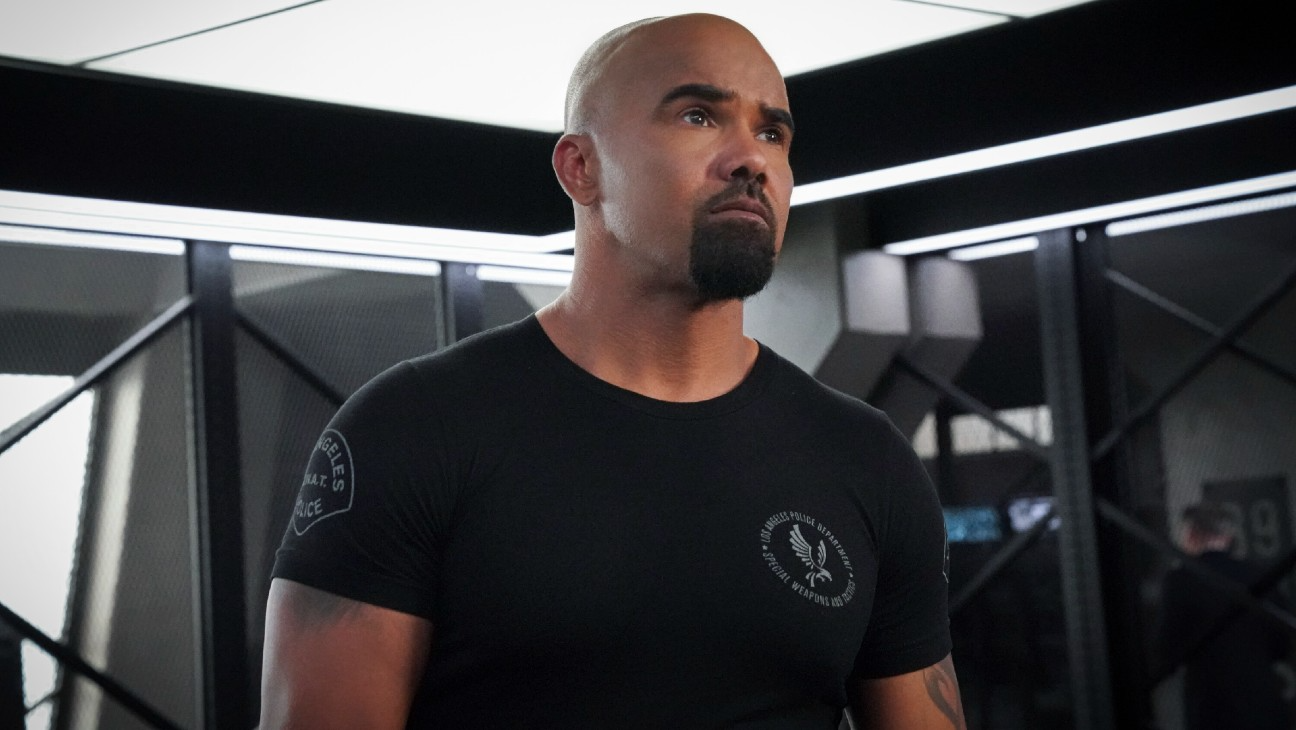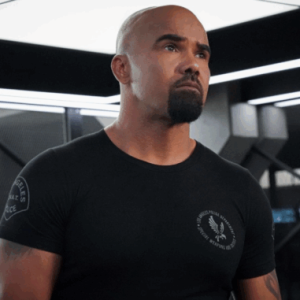The dynamic world of network television, particularly within established franchises, often brings with it exciting expansions and new narratives. Such is the case with the popular CBS crime drama S.W.A.T., which recently unveiled plans for a highly anticipated spinoff, Exiles, spearheaded by series lead Shemar Moore. However, this expansion, intended to broaden the S.W.A.T. universe, has inadvertently highlighted a deeper industry conversation, particularly through the honest reflections of actor David Lim, known to millions as Officer Victor Tan. His candid admission, “I’d be lying if I said the rollout of the new spinoff didn’t sting,” resonated deeply with fans and sparked a significant dialogue about loyalty, character representation, and the respect owed to long-standing cast members.
For seven seasons, S.W.A.T. has captivated audiences with its high-octane action, intricate plotlines, and, crucially, its compelling ensemble cast. Shemar Moore’s portrayal of Sergeant Daniel “Hondo” Harrelson Jr. has been central to the show’s success, positioning him as the charismatic leader of an elite Los Angeles Police Department S.W.A.T. unit. Exiles is slated to follow Hondo as he navigates high-stakes, off-the-grid operations, possibly venturing into international or covert territories, shifting the narrative away from the traditional LAPD setting. This fresh premise promises to explore new facets of Hondo’s character and introduce viewers to an entirely different operational landscape.
Yet, for many devoted viewers, the excitement surrounding Exiles was tempered by a glaring omission: the apparent absence of several core cast members, including David Lim’s Victor Tan. Lim’s reaction, devoid of animosity towards his co-star Shemar Moore—whom he describes as “a brother”—was nevertheless steeped in palpable disappointment. “You dedicate years to something,” Lim articulated, “it’s not about ego, but it would’ve been nice to be part of the next step.” This sentiment encapsulates a critical issue within the television industry: the perception of loyalty, or lack thereof, when established shows pivot or expand.

Victor Tan is far more than just another face on the S.W.A.T. team. Over the course of seven seasons, he has evolved into a nuanced and deeply relatable character, playing a vital role in the team’s emotional and tactical fabric. Tan’s background, steeped in a unique blend of cultural values and personal challenges, has provided significant narrative depth. He’s often served as an emotional anchor, demonstrating vulnerability alongside tactical prowess, particularly in his relationships with other team members like Luca, Street, and Deacon. Furthermore, his portrayal as one of the few prominent Asian-American leads in a network television cop drama carries immense symbolic weight. For many viewers, Tan represents essential strides in diverse representation, offering a powerful, resonant figure that transcends mere background presence. His family dynamics, his struggles with past mistakes, and his journey toward finding his place within the elite unit have all contributed to a character rich with human complexity. To remove such a figure from the unfolding narrative, especially given his multifaceted contributions and the resonance he built with a diverse audience, feels like a significant narrative and symbolic void.
The fan response to Lim’s exclusion was immediate and overwhelming. Social media platforms erupted with expressions of support, with hashtags like JusticeForTan and SWATWithoutTan quickly gaining traction. Viewers questioned the creative decisions behind the spinoff, articulating a sense of betrayal at the apparent sidelining of characters who had become integral to the S.W.A.T. experience. Comments like, “Tan carried so many emotional scenes. This is disrespect,” and “How do you build a spinoff and not bring the heart of the team?” underscored a collective frustration. This outcry is indicative of a broader trend in contemporary television where engaged fanbases increasingly demand accountability and continuity from networks and showrunners. Audiences, having invested years in characters and their journeys, expect that dedication to be reciprocated with respect for established arcs and the actors who bring them to life.
Lim’s situation highlights a persistent “loyalty problem” in network television, where long-serving cast members can find themselves abruptly dislodged when shows undergo reboots, retooling, or expand into new franchises. While business considerations—such as budgetary constraints, creative direction shifts, or a desire for a “fresh” marketing hook—often drive these decisions, they frequently come at the expense of actor morale and audience trust. The abruptness with which such announcements often unfold, frequently without prior consultation or acknowledgement of the actors’ contributions, exacerbates the feeling of disrespect. This pattern, though not new to Hollywood, is now being met with increasingly vocal and organized fan resistance, demonstrating the power of audience engagement in an era of social media.

The implications of Lim’s exclusion extend beyond the Exiles spinoff; they cast a shadow of uncertainty over his character’s future in the main S.W.A.T. series. While Lim currently remains part of the original cast, fans are understandably speculating whether this decision could signal a phased exit for Victor Tan, leading to a diminished role or even a full departure in subsequent seasons. This scenario would present a significant creative challenge for the S.W.A.T. writers, necessitating the re-calibration of team dynamics and the filling of a substantial void left by Tan’s unique presence. However, the strong fan push for Tan’s inclusion, with viewers actively petitioning CBS and showrunners, offers a glimmer of hope. Networks have, on occasion, reversed or adjusted creative decisions in response to overwhelming public pressure, leaving open the possibility, however slim, that Victor Tan might yet appear in Exiles or see his role re-emphasized in the main series.
For David Lim, this moment, while undoubtedly difficult, also marks a new chapter. His cryptic but resolute comment, “When one door closes, you knock on another one—or you build your own,” speaks to the resilience and entrepreneurial spirit often required in the entertainment industry. It’s a statement that resonates not just with actors facing similar challenges but with anyone navigating career transitions. Lim’s choice to speak honestly, rather than silently endure, transformed a personal disappointment into a public conversation about critical issues: the importance of loyalty, the deserving recognition of long-term characters, and the essential role of diverse representation on screen.
Ultimately, David Lim’s candid reaction to the Exiles spinoff has become a catalyst for a larger, more crucial dialogue. His honesty, free from bitterness, has struck a chord with a fanbase that values authenticity and dedication. While Exiles prepares to launch its new narrative arc with Shemar Moore at its helm, the presence of Victor Tan, and the legacy David Lim has meticulously built for the character, remains undeniably felt. The true question now rests with CBS and the show’s producers: will they listen to the unified voice of the fans, acknowledging the deep connection cultivated over years of storytelling? Or will this incident serve as yet another reminder of the delicate balance between creative freedom, business imperatives, and the invaluable bond with a loyal audience? One thing is certain: David Lim is not done telling his story, and his influence, whether directly within the S.W.A.T. universe or in new ventures, continues to resonate.





